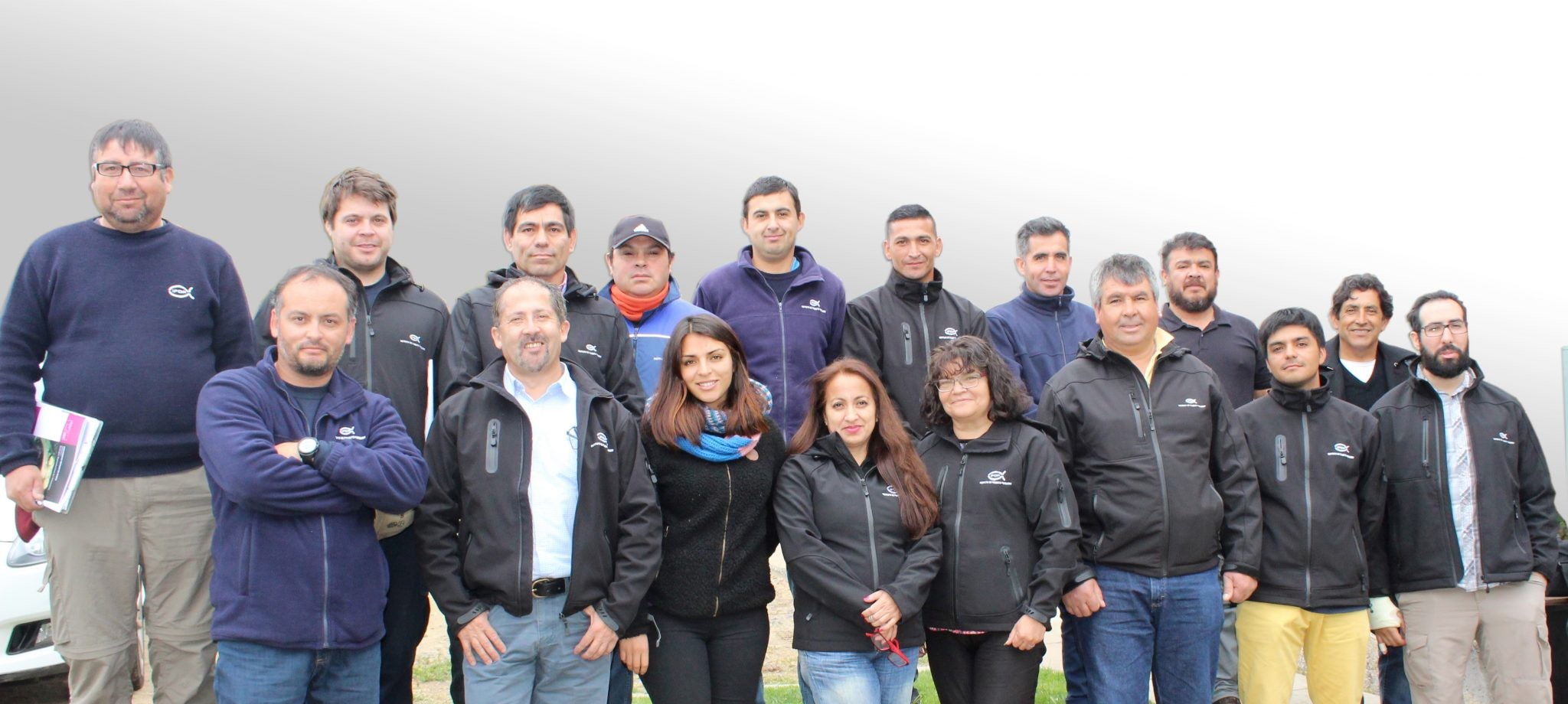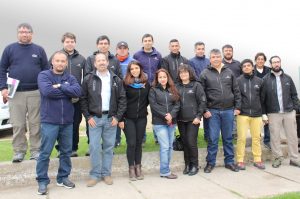IFOP scientific observers are trained in marine species identification and reproductive biology
April 9th, 2018“Introduction to ichthyology and cues use for marine species identification and “Reproductive biology in Teleosts” training workshop” was held on April 4rth and 5th this worshop was oriented towards scientific observers and was held at San Antonio IFOP headquarters.
This workshop aims to reinforce Scientific Observers (CO) knowledge and skills and Field Coordinators (FC) in general and reproductive ichthyology aspects in Teleost fish.
Rodrigo San Juan, IFOP’s researcher, referred to the topics to be discussed in the workshop “the module called” Introduction to ichthyology and cue use for marine species identification “aims carrying out a general review of internal and external anatomy of bony fish with emphasis on main taxonomic characteristics used for identification of orders and families of economically important species, in addition to deepening internal functioning respective systems (for example, skeletal, circulatory, and digestive, among others). During the module called “Reproductive Biology in Teleost Fish” information will be provided on various aspects related to reproductive biology in teleost fishes, covering different strategies and reproductive modalities exhibited by this group, such as ranges of sexuality, synchronism, gonadal development and gametogenesis. , among others. It is also considered holding of a practical workshop in order to practice acquired knowledge under a fluid dialogue scenario based on questions and answers related to reproductive issues, seeking also to strengthen professional connections with scientific observers.
Gonzalo Muñoz, Sampling Management Department General Coordinator, stressed out that “this type of training contributes on one hand, to reinforce some Scientific Observers previously acquired knowledge within their formal education processes and, on the other hand, strengthens and deepens competences on external morphology characters observation, dichotomous keys interpretation and, specifically, reproductive biology that, in sample aspects, contribute to guarantee an adequate collection of information about a group of the most numerous fish in the oceans, many of them considered IFOP monitored commercial species of interest, including those that constitute fisheries important to the country, such as those of gádids and clupeids “.
At the end San Juan commented on the importance of this training for scientific observers “in view of marine resources exploitation increase, there is a need to scientifically establish validated biological parameters with the purpose of advising in a better way on the decision making regarding fisheries management and efficient use of resources found in our sea. To fulfill this mission, Fisheries Development Institute, within “Monitoring of demersal and deep water fisheries” program framework has a vast network of scientific observers distributed throughout Chile, whose work is the data collection which will be used for the preparation of technical reports that sustain national fisheries administration. “

